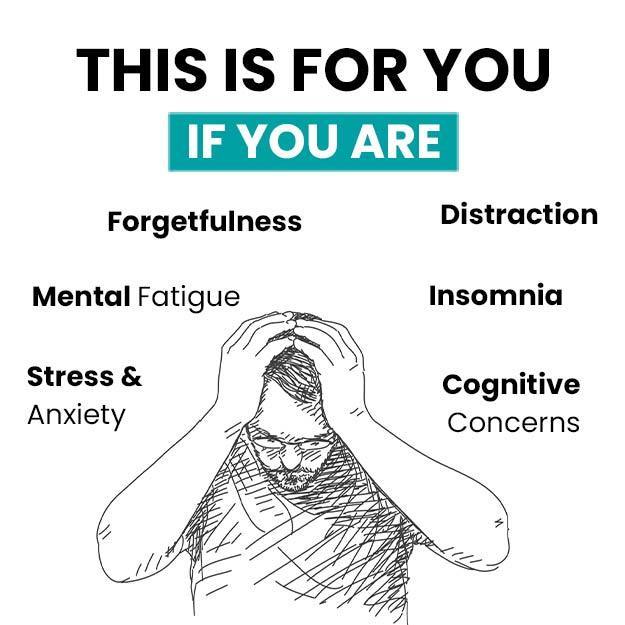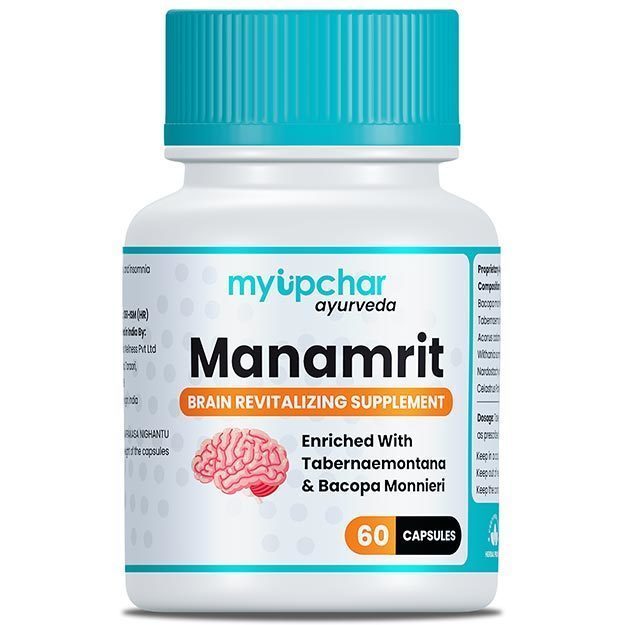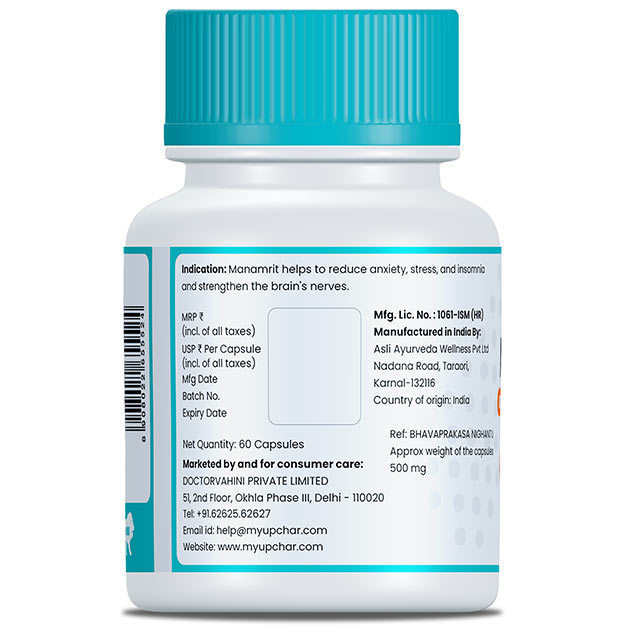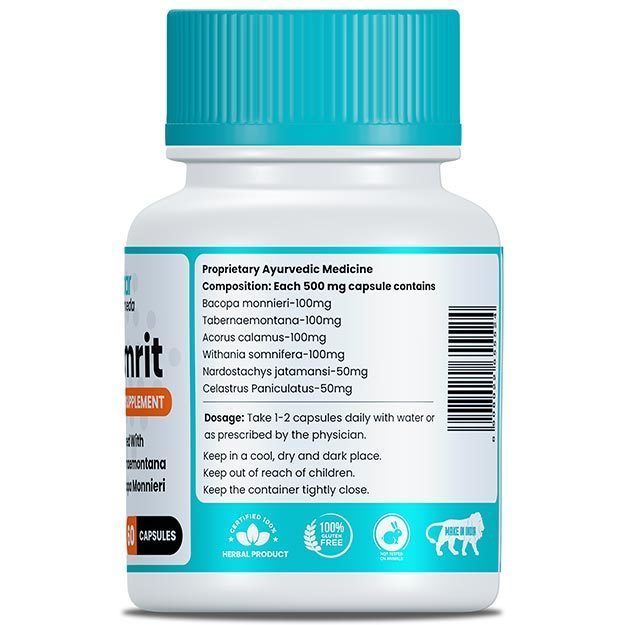World Health Organization (WHO) data show that about 50 million people around the world suffer from different kinds of degenerative mental conditions, led by dementia. And based on the 2015 report published by Alzheimer’s Disease International, that number may swell up to over 131.5 million by the year 2050.
Dementia is associated with a bunch of conditions that cause deterioration of brain function, or cognitive function, in people, which is not only due to age-related deterioration.
To put it another way, dementia is a collection of symptoms that are seen in a number of degenerative diseases and conditions that affect memory, behavioural functioning and impairment of the cognitive functions of the brain.
Some of the common diseases that lead to dementia are Alzheimer's disease, Parkinson's disease, Huntington's disease, or sudden brain-related episodes such as a stroke, direct injury to the brain, brain tumours as well as other disorders of the body.
Despite the growing prevalence of such conditions among people, there has been extensive research being done to find out what kind of measures can prevent the onset of such deteriorating conditions.





















